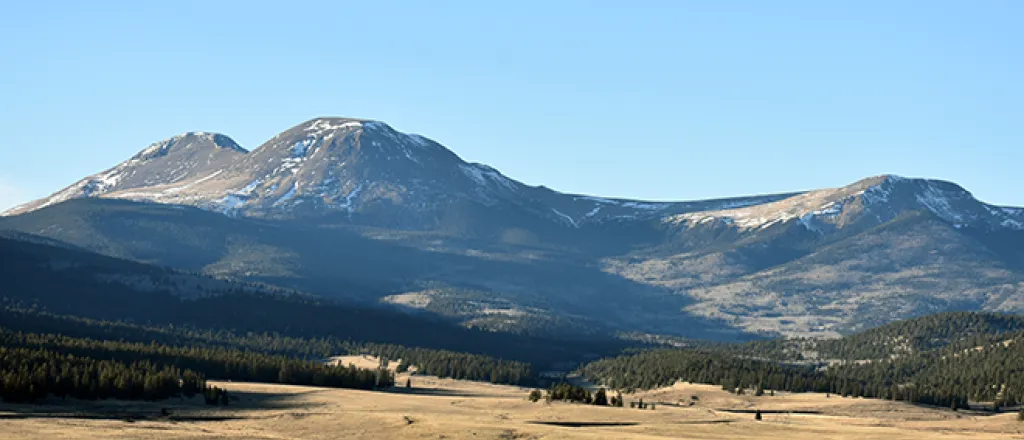
West's Latino voters want conservation over development on public lands
Click play to listen to this article.
(Colorado News Connection) Voters, including 74 percent of Republicans, 87 percent of Independents and 96 percent of Democrats, would support candidates in elections who prioritize conservation on public lands, according to Colorado College's latest Conservation in the West Poll.
Maite Arce, president and CEO of the Hispanic Access Foundation, said the poll's spotlight on top concerns for Latino, Black and Indigenous voters showed clean water, clean air, wildlife and public lands are not just environmental issues.
"They are integral to their health, mental health, jobs, local economies," Arce outlined. "These elements also play a pivotal role in preserving culture and heritage."
Just 26 percent of voters surveyed want more public lands opened for fossil-fuel extraction. A strong majority said issues such as declining fish and wildlife populations, habitat loss, dwindling and polluted water supplies, microplastics, uncontrollable wildfires, air pollution, loss of pollinators and natural spaces were extremely or very serious problems.

© iStock - ssuaphoto
Lori Weigel, principal of the research firm New Bridge Strategy, said virtually all groups surveyed across eight Mountain West states including Colorado agreed spending more time outdoors would improve mental health, especially for children.
"One thing that struck me as a mom of a teenager was that moms were the highest group here," Weigel observed. "Three quarters said they felt like spending more time in the outdoors would help the mental health crisis we're seeing in kids."
Nearly eight in 10 Latino voters said the impacts of climate change have been significant in their state over the past decade, with 73 percent agreeing clean energy production can be boosted while preserving natural areas.
Arce noted the poll confirmed Black, Indigenous and Latino communities, which are disproportionately impacted by air and water pollution, are ready and eager to be heard.
"It's our collective responsibility to amplify their voices, champion justice and ensure a future where everyone regardless of their background can enjoy the benefits of nature equally," Arce concluded.















